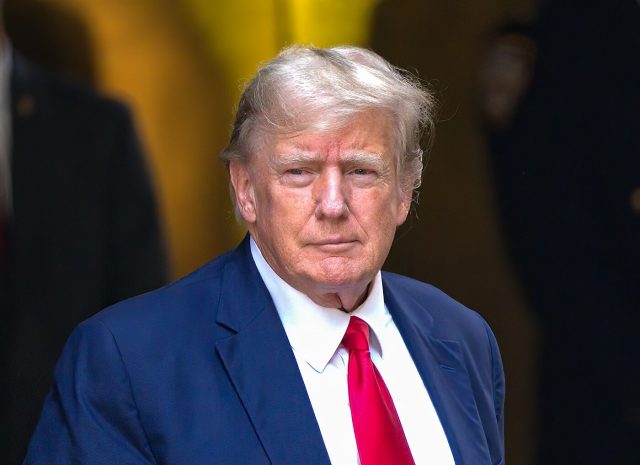The privatization and concessions agenda promises to keep moving the hall at the headquarters of B3, the São Paulo stock exchange, this year.
In highways alone, there are more than 6 thousand kilometers of federal and state roads that should pass to the management of private companies in 2022, considering only projects that are already in an advanced stage of bidding, with the auction already scheduled or with the public notice about to be announced. to be published.
Among the stretches, there are both highways that will leave the state administration for the first time – as is the case of the 271.5 kilometers that are part of block 3 of road concessions of the government of Rio Grande do Sul –, and others that had their previous contracts expired and re-tendered, as a part of the 3,328 kilometers that make up the Paraná Integrated Highways, where some of the oldest concessions in the country were located
In total, there are seven major auctions, some of them divided into more than one block, which should add up to at least R$76 billion in investments over the next 30 years.standard duration of contracts.
The investments are part of the requirements of the public notices and must be fulfilled by the concessionaires that buy the lots, in exchange for the right to explore them over the next few decades.
These are resources that include improving lanes, duplication, construction of viaducts and footbridges, creation of marginal roads and, in some cases, such as the northern section of the São Paulo ring road, around the capital, the completion of the still incomplete works.
In block 3 of the highways to be granted in Rio Grande do Sul, there is even a forecast for the construction of 10 kilometers of bicycle lanes, a requirement that has never been seen before in concessions in the sector.
The largest of them and also one of the most ambitious projects currently underway is the group called Rodovias Integradas do Paraná, a grouping of several federal and state highways that cross the state and which alone provides for R$ 44 billion in investments.
Divided into six blocks, the project, prepared jointly by the state and federal government, is currently in the evaluation phase by the Federal Audit Court (TCU), with public notice and auction expected to be concluded by the second quarter.
“These are important auctions, passing through relevant logistical axes, with significant investments that improve productivity and, at the same time, have an enormous stimulus effect on the economy”, said economist Gesner Oliveira, partner at the consultancy GO Associados, which follows the main country tenders.
Fear of little competition
The worrying side of so many offers at once, for a part of the experts who follow the sector, is the risk of not having companies interested in all of them, which can result in postponements or disputes, if not empty, with little competition.
As most of them are expected to be made at a discount on the initial toll price – the company that offers the lowest value to the plazas wins the concession –, a low number of participants can mean, for drivers, less expressive reductions in prices .
Contributing to this fear was the announcement, last week, of yet another postponement in the auction of BR 381/262, a 7,370-kilometer junction that connects Minas Gerais to Espírito Santo.
The winding and single-lane stretches of BR 381 that depart from Belo Horizonte are known as the “highway of death”, due to the high level of accidents.
With no interested parties, the auction, which has already been postponed three other times and was now scheduled for February 25, was suspended so that the public notice could be improved, according to the National Land Transport Agency (ANTT). Still without a new official date, the expectation is that the round will move to the second half of this year.
“There are a lot of things coming to the market at the same time and in very specific circumstances, with an election year, macroeconomic uncertainties and costs that have risen a lot, not to mention the pandemic”, says the managing partner of the Inter.B business consultancy, Claudio Frischtak.
“As a result, we have seen few entrants in infrastructure projects in the country as a whole”, he adds.
Frischtak mentions the re-bidding auction of the Presidente Dutra highway (BR 116) last year, the coveted 625-kilometer stretch that connects the metropolitan regions of São Paulo and Rio de Janeiro and which has always been considered the “filet mignon” of the highway concessions in Brazil. parents.
Only two Brazilian companies that are already veterans in the sector participated in the dispute: Ecorodovias and CCR, which had been Dutra’s concessionaire since 1996 and won, in the auction, the right to manage it for another 30 years.
“Investors who are not yet in Brazil, who do not know the country, and who could be potential entrants, are not showing up,” said Frischtak.
Source: CNN Brasil
I am Sophia william, author of World Stock Market. I have a degree in journalism from the University of Missouri and I have worked as a reporter for several news websites. I have a passion for writing and informing people about the latest news and events happening in the world. I strive to be accurate and unbiased in my reporting, and I hope to provide readers with valuable information that they can use to make informed decisions.







